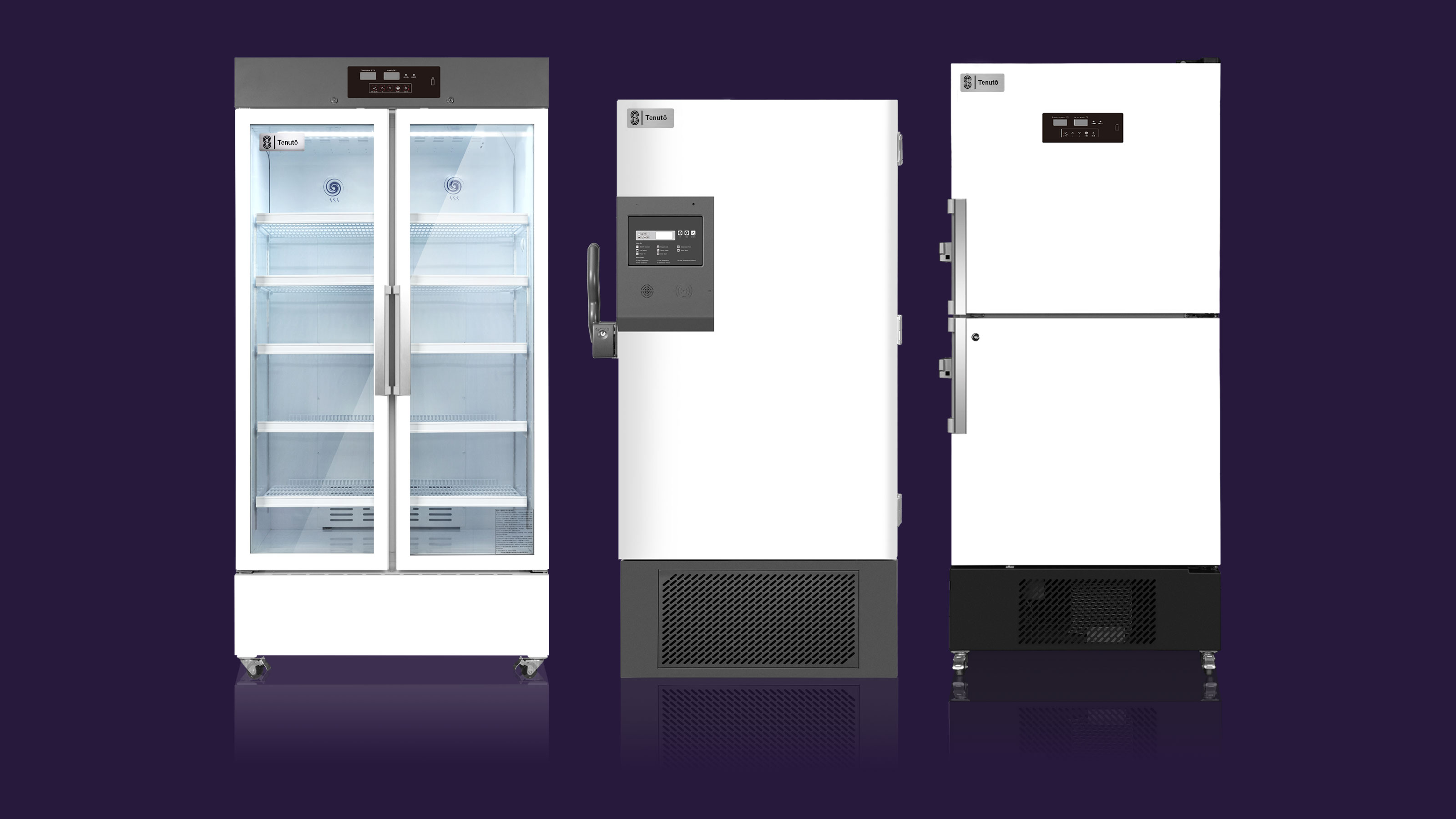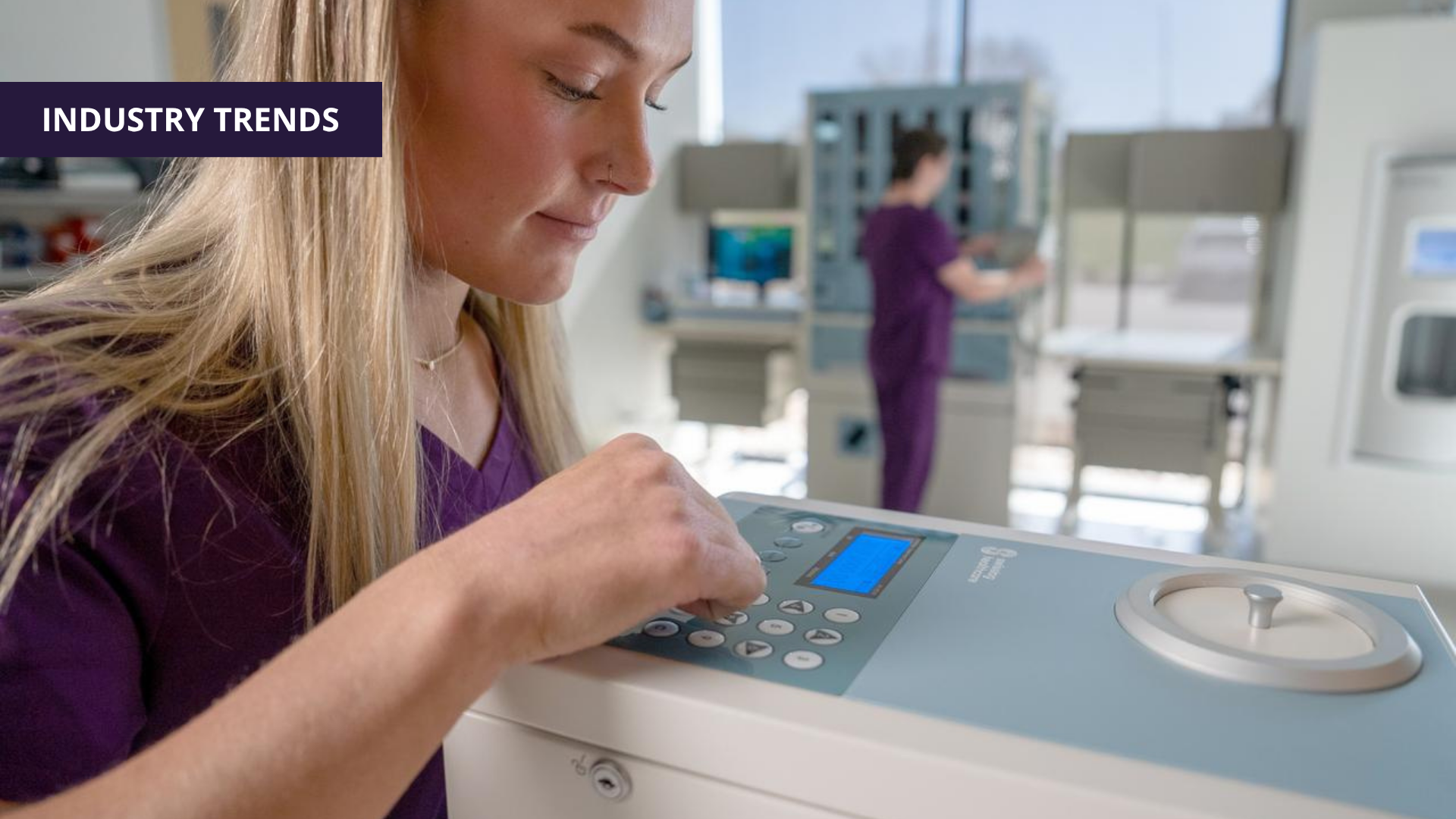Lesson 3. Communication and Trust Are Key Variables to Collaboration
In the first two blogs of this three-part series about my travels, observations about the Swisslog Healthcare core values, and how it all translates to our global corporate culture, I touched on things I learned while working in Italy. One of the most important lessons transcends into a focus area for Swisslog Healthcare – global collaboration.
Communication Leads to Collaboration
Try as I might to pick up the Italian language during my trip; my vocabulary is limited to less than 100 Italian words, most of which are random vocabulary outside of basic greetings. Determined to show respect to the people and country I visited, I always started my communications with an Italian greeting, which was usually reciprocated in Italian, and quickly after that, the recognition that I was ill-equipped to continue communicating in Italian. Many would switch to French and, again, quickly discovered that I was not a French speaker either. Surely, it was my dumbfounded face that gave it away. As I would speak in English, people were very quick to ask many questions about where I was from, and then more probing questions followed after a standard ‘We don’t see many Americans here, ….’ The point is that I showed respect, and they, in turn, were willing to work with my language deficiencies in order to communicate.
Bringing levity to the communication lessons learned in Italy, I’ll share this story. One evening, I asked for the check at a restaurant after about 70 minutes of dining with my family. The server acted quite surprised and almost concerned that something was wrong since we wanted to leave so quickly. He asked me, “Tonto?” to which I replied, “Sì, tonto! Il conto, per favore.” My kids asked me what the server said and how I knew how to reply (at that moment, they were super impressed with Daddy). I confidently told them that ‘tonto’ means finished, so I wanted the check. My younger son thought the server said, ‘pronto, not tonto.’ Not completely sure of my confident reply, I looked up ‘tonto’ on Google and found out that tonto actually means ‘dumb, or stupid person.’ How fitting! 😊 I’m sure now that my son was correct because ‘pronto’ means ‘ready.’
As a stereotypical American, and perhaps even one who is more task-oriented than most, I am quick to get right to business in my interactions in the office. Get stuff done, act with integrity, work hard, celebrate success, and move on to the next task to tackle. This is my general approach and how people earn my trust. The question is whether or not this approach earns their trust in return.
In Italy, by contrast, it seems that trust is built by investing in relationships with your colleagues. Be ready to share a little bit about yourself and your background. Similarly, be prepared to ask and be actively curious about your Italian colleague’s personal life, goals, and what motivates them. Relationships are highly valued in many cultures, including Italy, and more so compared to the US. I, for one, need to be more cognizant of that being an important part of my global leadership and even with my US team.
My time in Italy allowed for some of these exchanges and laid the foundation for new relationships. Even though I was sometimes exhausted by three-hour business dinners during my stay, this is integral to building trusting relationships with work colleagues. I know now to put in the time focused on communication and effort to build trust. Note: This value of relationships is also highly important in Chinese culture, which applies to a future blog!
Collaborating Better with Communication in Mind
I learned a lot about the differences between Italy and the US, which is essential to my organization. So many of us are working together (directly or indirectly) but have yet to have the benefit of crossing these country borders to learn firsthand some of these differences. Thus, I am passionate about writing this blog in an effort to help us all bridge gaps in our corporate cultures. This is the communication that helps us all collaborate.
Differences aside, there are also SO MANY similarities. We want to do good work, take pride in our deliverables, and have passion for what we do and why we do it. We have essentially the same goals in mind: to be part of a great company that serves healthcare, to derive pleasure from and see the fruits of our labor, to chart our own success (however we define it), and to have enough time outside of work to enjoy the other things that move us. Most notably, for this blog, building relationships is important to us across cultures to continue building one strong corporate culture at Swisslog Healthcare. These relationships build trust, and trust is both a contributor to and an outcome of good communication.
Sometimes, we get so bogged down in our work that we forget to focus on the people on the other end. We perform at our best when we are open to understanding that nurturing relationships and building trust—especially in our work environment—requires us to appreciate the uniqueness of each individual, including our colleagues, customers, and partners. Because we exist in a fast-moving world, it is as challenging as ever to step back and reflect on this. While some of these lessons are specific to the cultural differences between Italy and the United States, the context can be applied to any combination of cultures, customer-centric situations, and interactions with your colleagues.
To the team in Italy: Voglio ringraziarvi molto per la vostra ospitalità durante il mio lungo viaggio d'affari. Mi hai dato esperienze e insegnamenti che non avrei potuto ricevere in una classe. Spero di poter utilizzare questi insegnamenti per essere un leader più efficace al servizio del nostro intero team globale. Fino alla prossima volta. Fino a quando ci incontriamo di nuovo!









